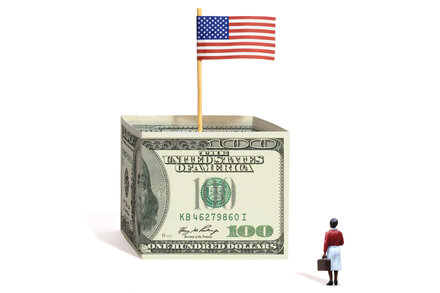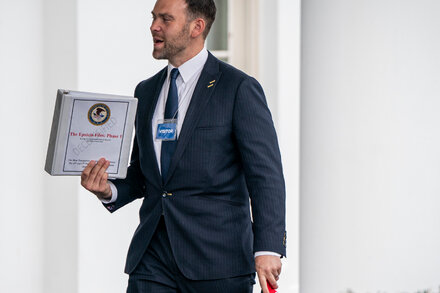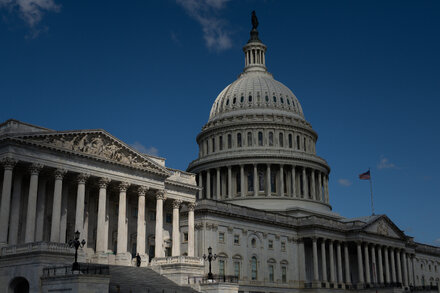As the gubernatorial race in New Jersey intensifies, vaccine skepticism has emerged as a prominent and often contentious issue, significantly shaping the campaign of Republican candidate Jack Ciattarelli. With polls indicating a remarkably close contest, Ciattarelli’s stance on vaccine mandates and public health measures has taken center stage, galvanizing a segment of the electorate while drawing sharp criticism from others.
Ciattarelli, a former state assemblyman, has consistently articulated a position that emphasizes individual liberty and personal choice regarding health decisions. While not explicitly opposing the efficacy of vaccines themselves, his campaign has been marked by strong opposition to government-imposed vaccine mandates and vaccine passports, particularly those implemented during recent public health crises.
“My concern has always been about individual liberty and ensuring New Jerseyans have the freedom to make personal health decisions without government coercion,” Ciattarelli stated at a recent campaign event. “We must trust people to make the best choices for themselves and their families, rather than dictating those choices from Trenton.”
This messaging has resonated strongly with voters wary of governmental overreach and those who prioritize individual autonomy. Supporters view Ciattarelli as a champion of personal freedom, believing that his approach better reflects a commitment to a less intrusive government. His campaign rallies have frequently featured attendees expressing concerns about vaccine requirements in workplaces, schools, and public venues.
Conversely, opponents and public health advocates have voiced deep concerns over Ciattarelli’s position, arguing that it undermines established scientific consensus and could jeopardize public health. They contend that robust vaccination rates are crucial for community safety and that mandates have proven effective in curbing the spread of infectious diseases.
The Impact on a Tight Race
The prominence of vaccine skepticism in Ciattarelli’s campaign strategy highlights the deeply polarized nature of the issue in contemporary politics. In a race where every vote is critical, his stance appears to be a calculated move to energize his base and appeal to a bloc of voters disillusioned with government health policies. However, it also presents a potential vulnerability, alienating moderate voters and those who prioritize collective public health measures.
The incumbent governor’s campaign has sought to frame Ciattarelli’s position as irresponsible and dangerous, emphasizing the importance of following scientific guidance. Campaign surrogates and public health officials have frequently cited data on vaccine effectiveness and the benefits of widespread immunization.
“The health and safety of our communities must always be paramount. We cannot allow political expediency to undermine established public health measures that protect all New Jerseyans, especially our most vulnerable populations,” a spokesperson for the opposing campaign remarked.
As the election approaches, the debate over vaccine policies continues to be a defining feature of the New Jersey gubernatorial contest. Ciattarelli’s embrace of vaccine skepticism as a central campaign theme underscores the evolving landscape of political discourse, where personal health decisions have become potent symbols in the larger struggle between individual liberty and public welfare.
Source: Read the original article here.





